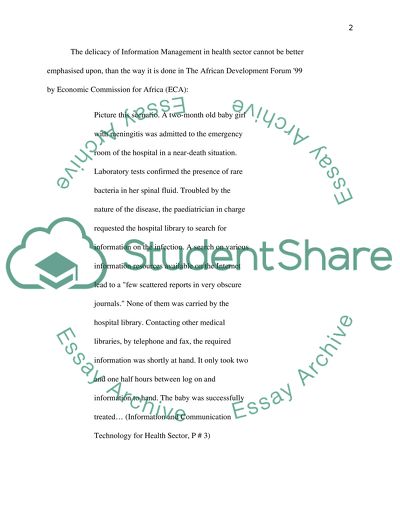Cite this document
(Managing Information Centre in Health Sector Coursework, n.d.)
Managing Information Centre in Health Sector Coursework. Retrieved from https://studentshare.org/health-sciences-medicine/1564422-managing-information-centre-in-health-sector
Managing Information Centre in Health Sector Coursework. Retrieved from https://studentshare.org/health-sciences-medicine/1564422-managing-information-centre-in-health-sector
(Managing Information Centre in Health Sector Coursework)
Managing Information Centre in Health Sector Coursework. https://studentshare.org/health-sciences-medicine/1564422-managing-information-centre-in-health-sector.
Managing Information Centre in Health Sector Coursework. https://studentshare.org/health-sciences-medicine/1564422-managing-information-centre-in-health-sector.
“Managing Information Centre in Health Sector Coursework”, n.d. https://studentshare.org/health-sciences-medicine/1564422-managing-information-centre-in-health-sector.


